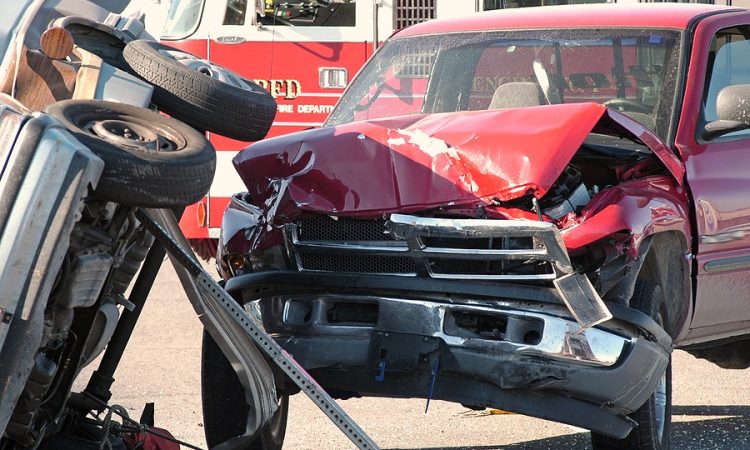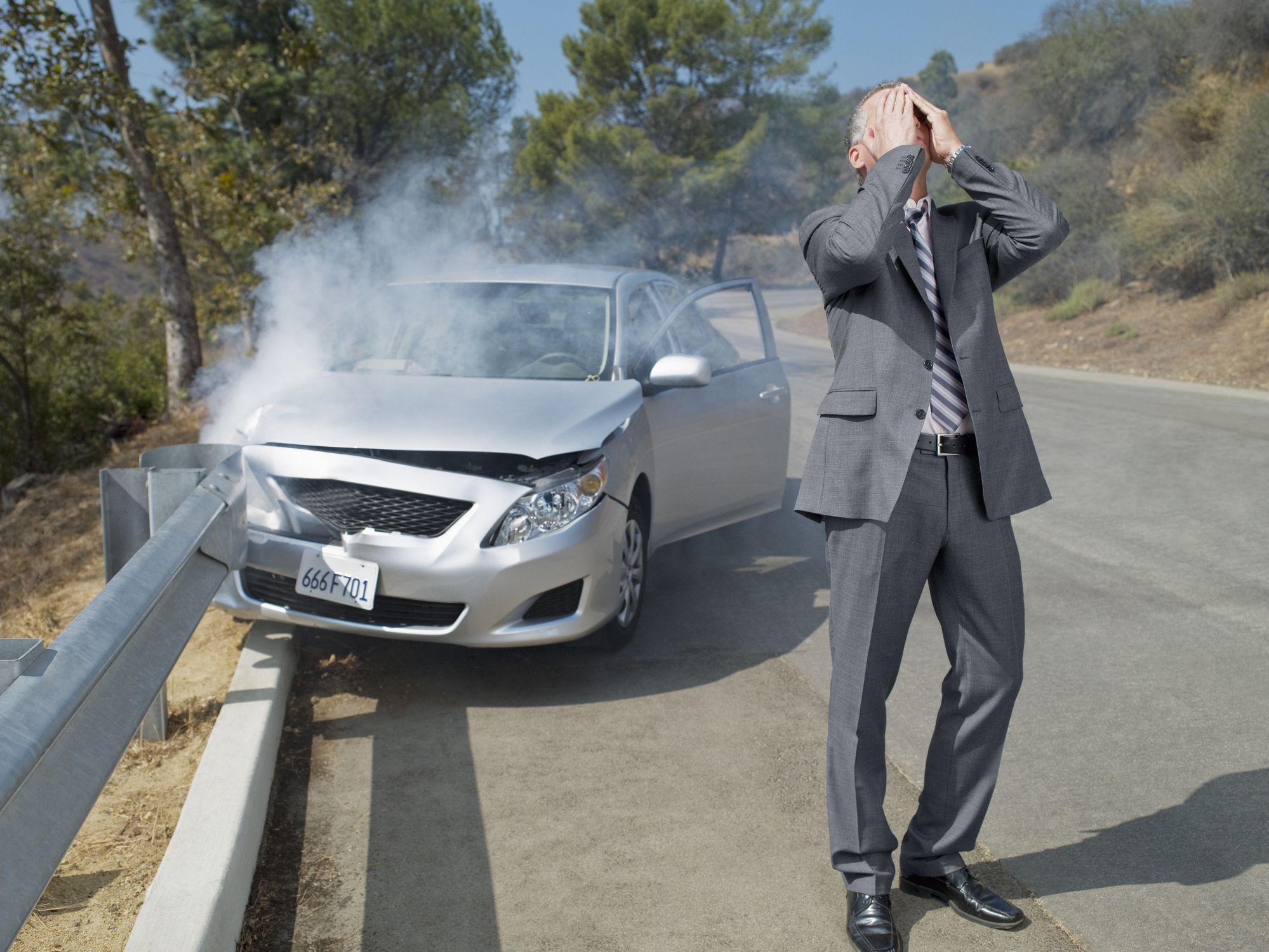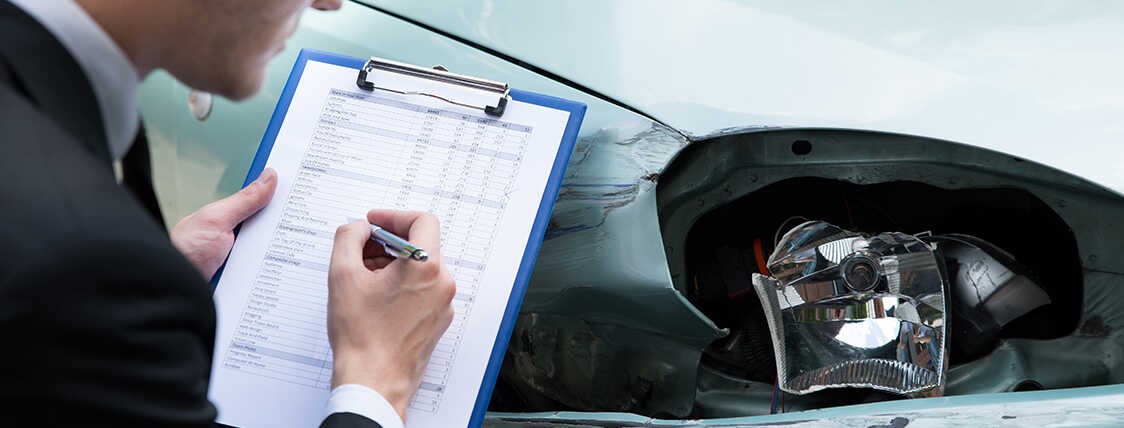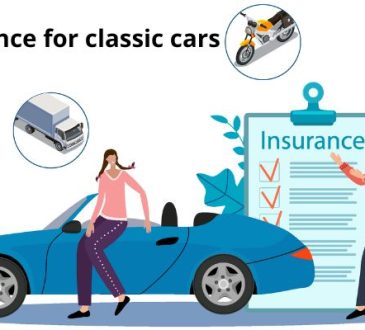
It’s a terrible scenario when someone gets into an accident that causes the whole loss of their car, and it’s even worse when they don’t understand how insurance companies decide how much money they will offer the victim. The psychological and physical injuries sustained in a car accident can be debilitating. Let’s follow us to find out how does insurance total a vehicle in this post!
What is a total loss?
When a car is damaged beyond economical repair in a covered claim, total loss auto insurance offers coverage. Your auto insurer will designate a claims adjuster to evaluate the worth of your vehicle by looking for damages and taking other factors that cause the value to deteriorate into account in order to decide if it is damaged beyond reasonable repair.

The company then calculates the value of your car using this information along with market value data. The amount they determine is known as the real cash value (ACV). If the car has total loss coverage and its value is less than the cost of repairs, the insurer will pay out for the totaled car.
When evaluating whether a car is a total loss, there are two main criteria to consider:
- Total loss threshold: The total loss threshold is the point at which the total loss value of a vehicle equals a certain portion of the market value of the vehicle. The total loss threshold varies from state to state and may be expressed as a percentage or a formula.
- The formula for total loss (TLF): The vehicle’s fair market value less its salvage value is the overall loss calculation. If the cost of repairs equals or exceeds the TLF amount, the insurance may declare the car a complete loss.
What Causes a Car to Be a Total Loss Vehicle?
The normal procedure for assessing whether an automobile is a total loss begins with a claim from the car owner, though specific insurance company policies may differ. The insurance company then arranges for a damage examination; the owner of the vehicle might be given access to a rented automobile because it is most likely unsafe to drive the vehicle.
The insurance provider may notify the owner that the vehicle is a total loss and make a settlement offer a few working days later.
If the owner accepts this settlement offer, they would need to discover the vehicle title, remove their possessions from the vehicle, then sign the papers, and get cash, according to GEICO.
When an insurance provider determines that the cost of repairing the vehicle would be higher than the vehicle’s real value, the decision is sometimes referred to as the vehicle being “totaled.”
An insurance adjuster, a third party, is in charge of examining the damage to the car, figuring out the necessary compensation, and deciding if the vehicle will be deemed a total loss.
However, because so many consumers lack familiarity with the whole loss procedure, it is difficult to tell whether the insurance provider is taking advantage of their ignorance. According to The Balance, the process used to make this conclusion can differ from state to state.
According to Value Penguin, some insurers employ the total loss threshold (TLT) approach, which states that damage must equal or surpass a certain percentage of the value of the vehicle in order for it to be deemed totaled.
Another popular approach is the total loss formula. A car is deemed totaled under the total loss calculation if the cost of repairs plus the salvage value of the vehicle exceeds the actual cash value (ACV).
In place of actual cash value, some plans will employ agreed value (often used for historic cars) or stated value. Customers occasionally carry supplemental insurance coverage, such as GAP insurance or new automobile replacement.
Both of these insurance policies can shield customers against shortages and reduce how much they owe.
How does insurance total a vehicle?
Suppose you disagree with the determination that your car is a total loss. It is then feasible to challenge the judgment. By contesting these rulings, you are admitting that your auto insurer devalued your car and prematurely declared it totaled. The actions you should take to start a dispute are as follows:
Assemble the necessary paperwork and vehicle data. You should gather any documentation you have that shows the true market worth of your car. These could consist of the original sales receipt as well as a list of the numerous features and extras your car possesses.
Analyze the most recent market data about your vehicle. Find out what the typical current market value of the make and model of your car is using a reference like Kelley Blue Book. This tool is great for giving rough estimates. However, it might not be specific enough on its own to contest the statement of total loss. You could obtain an evaluation for precise statistics.

Inform the insurer of your position and provide supporting documentation. Make contact with your claims adjuster and let them know you disagree with the total loss statement because you believe they undervalued your car. Give them your records and notes, along with the data you acquired regarding market value.
Request an evaluation. At this point, if your auto insurer is still not persuaded, you can ask for a physical inspection of your car. Many of these decisions are made without an in-person appraisal using documentation and known characteristics (such as make and model). How does insurance total a vehicle?
Think about going to court. If, after taking all of the aforementioned precautions, you and the insurance provider are still unable to agree on whether or not your car was fairly valued, you might want to think about submitting a complaint to the department of insurance in your state. If you think your auto insurance is behaving in bad faith, it may be worthwhile to pursue this process, even though it can be time-consuming and challenging.
Can You Insure A Total Loss Car?
Even if their car has been totaled, some people still want to preserve it, regardless of whether it can be driven.
If state law permits, drivers may be able to obtain a salvage title for their car in the following circumstances. This implies that until repairs are finished and a non-salvage title is requested from the state, a driver cannot obtain license plates for their car.
In rare situations, a totaled car may still be able to be driven, but finding insurance for one might be challenging.
Finding an insurance provider willing to insure a total loss vehicle after an accident might be challenging because none will do so until the vehicle has been sufficiently repaired.

According to The Balance, insurance companies frequently are unable or at least hesitant to provide full insurance on a car that has been declared a total loss. An insurer might not be willing to completely insure a total loss vehicle, simply offering liability protection.
READ MORE




